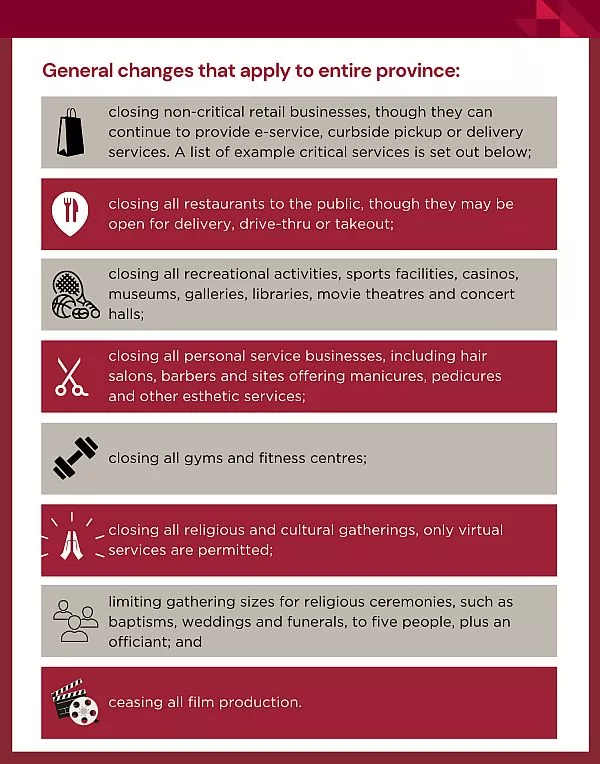Glyphosate-based products, including Roundup, have been the subject of intense scrutiny recently, both in the United States and the European Union. Media, pressure groups and regulatory bodies have all been engaged in a sometimes heated discussion around how the herbicide is regulated, amid calls that it has harmful effects on human health. Although it is the most frequently and widely used herbicide worldwide, glyphosate would be more instantly recognised by being the active ingredient in 'Roundup', a product made and marketed by Monsanto.1
This debate will no doubt be closely watched in New Zealand by many in the agricultural industry and the general public. What would the consequences for New Zealand's agricultural exports be should glyphosate-free products suddenly be preferred by consumers, or if its use was severely restricted?
The government appears to be simply taking a watching brief, with an eye on developments in the EU in particular. To this end, our Environmental Protection Agency (EPA) has put glyphosate on the Chief Executive Initiated Reassessment Programme list, meaning its status is being actively monitored in light of international developments. An independent review commissioned by the EPA in 2016 of the current knowledge on glyphosate concluded that it is unlikely to be genotoxic or carcinogenic to humans and so does not require classification under the Hazardous Substances and New Organisms Act 1996 as a carcinogen or mutagen.2 The EPA advises that following the label instructions on all glyphosate products provides adequate protection for users.
By contrast, in the United States hundreds of lawsuits have been filed against Monsanto, with farmers and others who have used the product alleging that exposure has caused non-Hodgkin lymphoma, and that Monsanto covered up the risks.3 Opening arguments will be made in court this week for the first of these cases, DeWayne Johnson v Monsanto Company, which is essentially a test case for those that follow. The recent acquisition of Monsanto by Bayer, and the decision to stop using Monsanto as a trading name perhaps highlight how controversy around glyphosate and other Monsanto products has affected the company's international reputation.
In the European Union, the relicensing of glyphosate has been described as the "most bitterly fought pesticide relicensing battle of recent times".4 An European Union appeal committee voted in 2017 to renew the glyphosate licence in member states for another five years, only three weeks before the licence was due to expire. A petition signed by 1.3 million people, and calling for a ban on the product, was presented to the European Parliament prior to the vote. President Macron has committed France to banning glyphosate within three years.5
These developments have been spurred in large part by the World Health Organization's International Agency for Research on Cancer (IARC) classifying glyphosate as "probably carcinogenic to humans" in 2015.6 Consumer groups were understandably alarmed by this statement, and public opposition to its use increased dramatically in its wake. Other studies and reviews have since disagreed with the IARC's conclusion. For example, the World Health Organization Joint Meeting on Pesticide Residues cleared glyphosate as unlikely to pose a risk to humans, and the European Food Safety Authority and the European Chemicals Agency both found that it was unlikely to be a carcinogen.7
Footnotes
1 https://ec.europa.eu/food/plant/pesticides/glyphosate_en
2 https://epa.govt.nz/assets/Uploads/Documents/Everyday-Environment/Publications/EPA-glyphosate-review.pdf
3 https://usrtk.org/pesticides/mdl-monsanto-glyphosate-cancer-case-key-documents-analysis/
4 https://www.theguardian.com/environment/2017/nov/27/controversial-glyphosate-weedkiller-wins-new-five-year-lease-in-europe
5 https://www.bbc.com/news/world-europe-42135437
6 https://www.iarc.fr/en/media-centre/iarcnews/pdf/MonographVolume112.pdf
7 http://www.efsa.europa.eu/en/efsajournal/pub/4302 and https://echa.europa.eu/-/glyphosate-not-classified-as-a-carcinogen-by-echa
The content of this article is intended to provide a general guide to the subject matter. Specialist advice should be sought about your specific circumstances.


